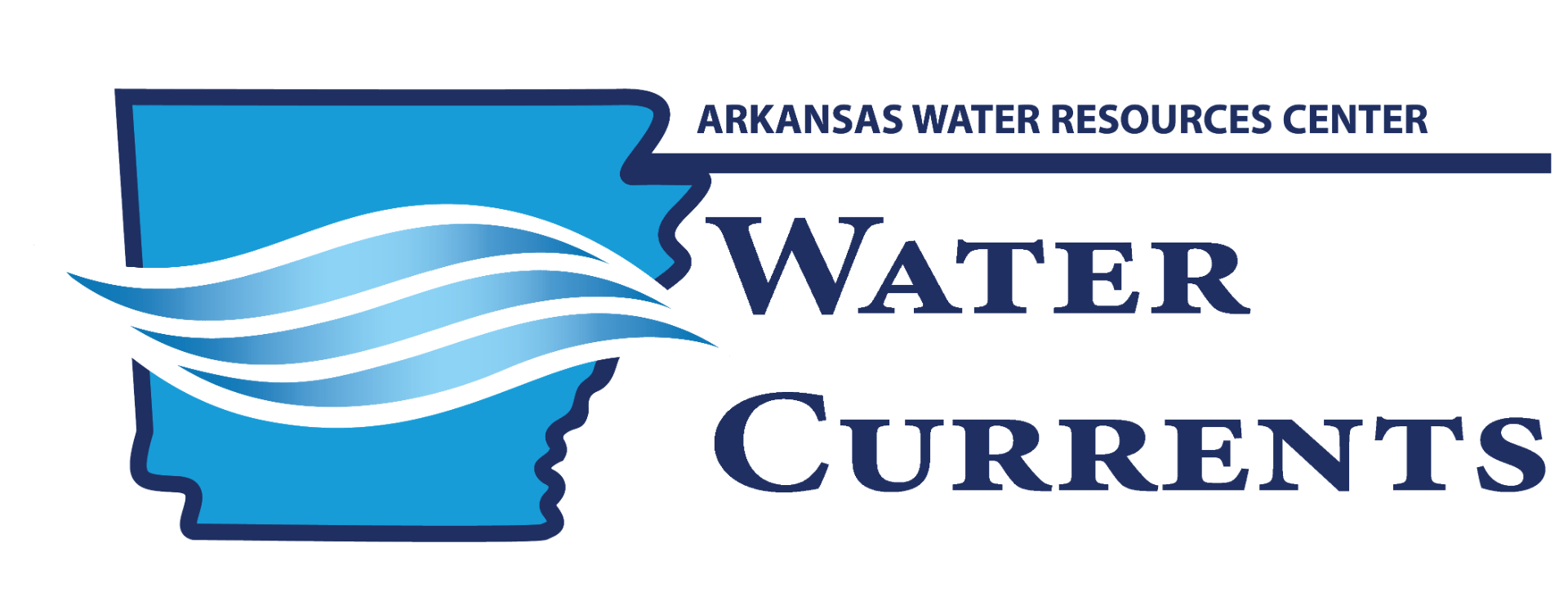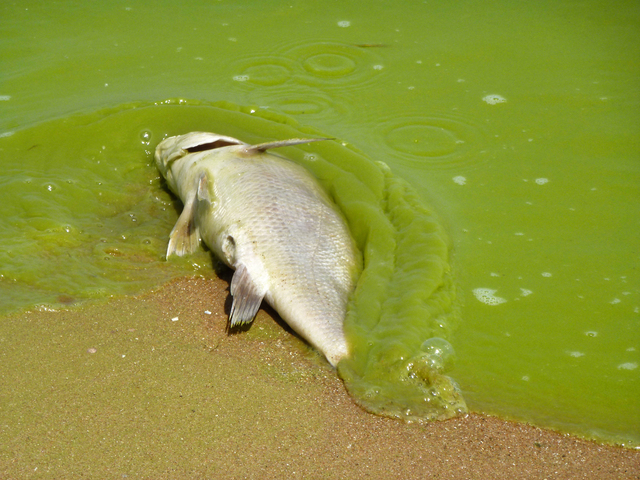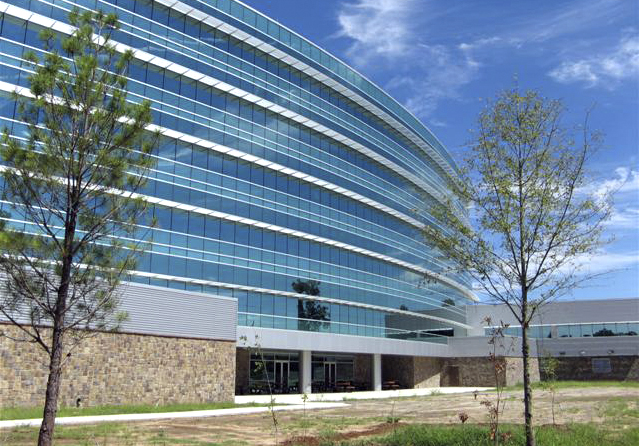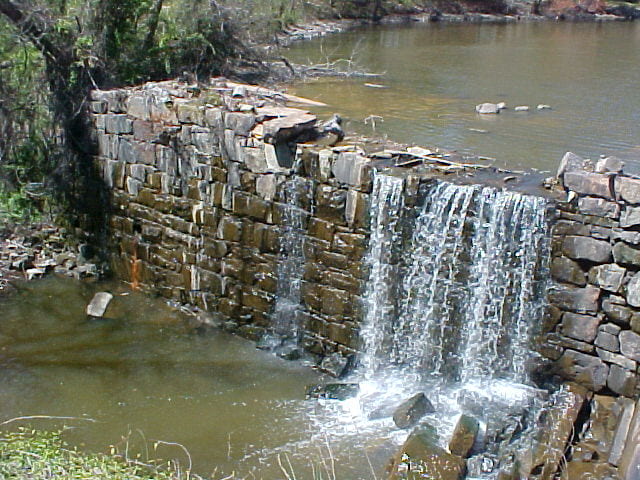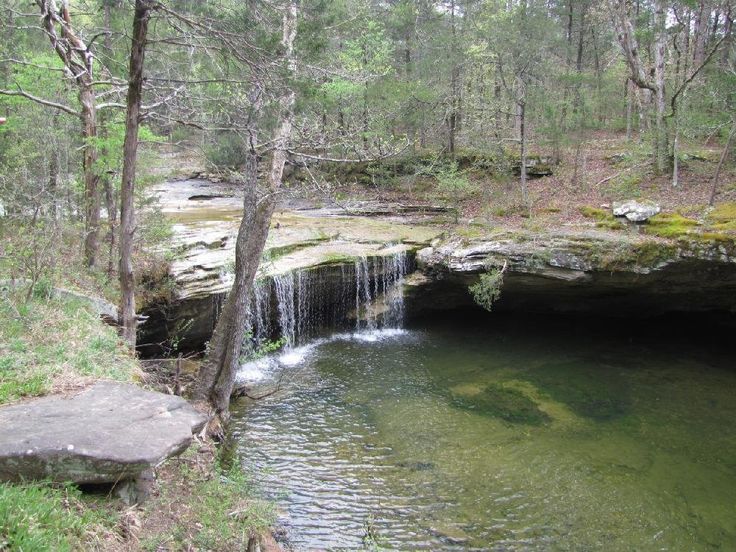
Ashworth’s Research Investigates Manure Seepage in Karst Soil Landscapes
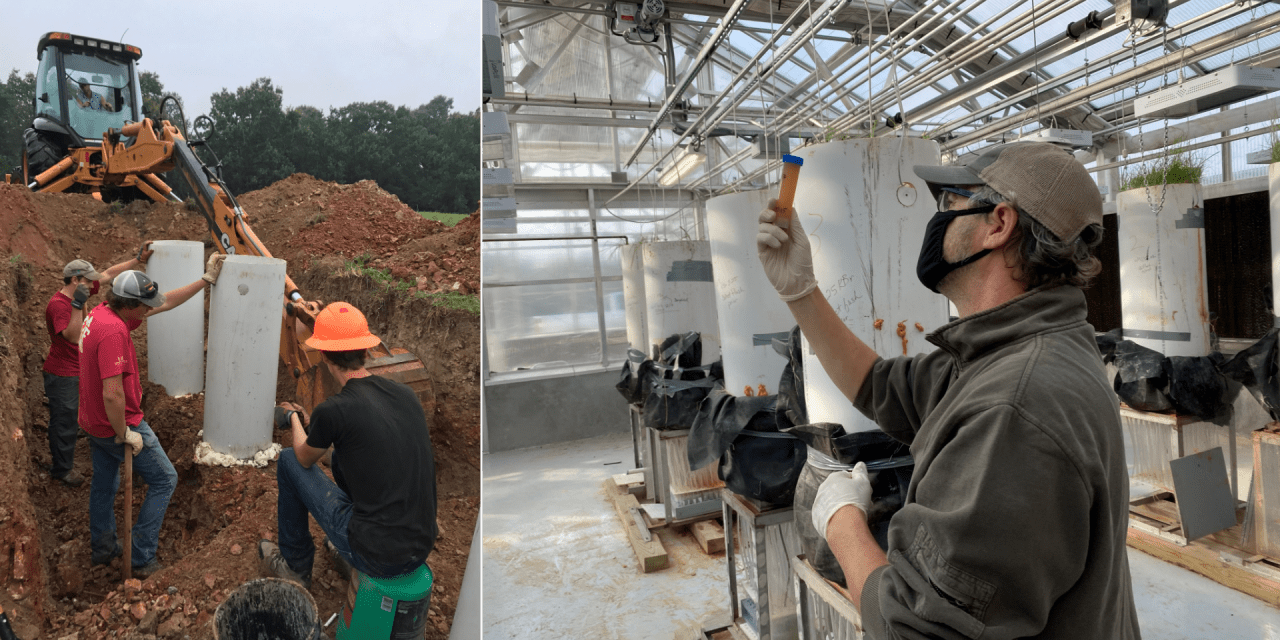
Research soil scientist, Amanda Ashworth, explained her FY2021 project about animal manure seepage in Karst soil landscapes. Ashworth works for the United States Department of Agriculture’s Agricultural Research Service.
Karst landscapes are hollow by nature and the potential for groundwater pollution is high. With rainfall and flooding, animal manure can seep into the groundwater, along with other nutrients and antibiotics. However, this has not been previously quantified systematically.
“When you have a lot of animal manure that’s going on the soil surface and potentially leaching into the groundwater in these karst systems, we need to know what that looks like and what the potential risk is for environmental degradation,” said Ashworth.
The research team extracted several large intact columns and placed grids with collection bottles underneath them from karst and non-karst geographies. By using water leachate collection bottles, they were able to see the potential for the contaminated water to go into groundwater aquifer systems.
By observing the leaching of nutrients from the top of the column to the bottom, they found six times more phosphorus in the karst system than non-karst.
“There is a huge potential for leaching of antibiotics and nutrients from these karst systems,” said Ashworth.
Ashworth and her research team are linking this information with a web tool to locate karst geologies in the state of Arkansas in order to help with animal manure management.
“Knowing where these karst systems are in the landscape can help target manure management so that we’re not putting excess nutrients and antibiotics from animal agriculture into groundwater,” said Ashworth.
Sheela Katuwal, a former post-doctoral researcher, in Ashworth’s group received a seed grant from the AWRC under Section 104(b) of the Water Resources Research Act administered by the U.S. Geological Survey.
For more information about the project and results, visit https://acsess.onlinelibrary.wiley.com/doi/epdf/10.1002/vzj2.20160 https://acsess.onlinelibrary.wiley.com/doi/10.1002/saj2.20424
Images courtesy of Dr. Amanda Ashworth
